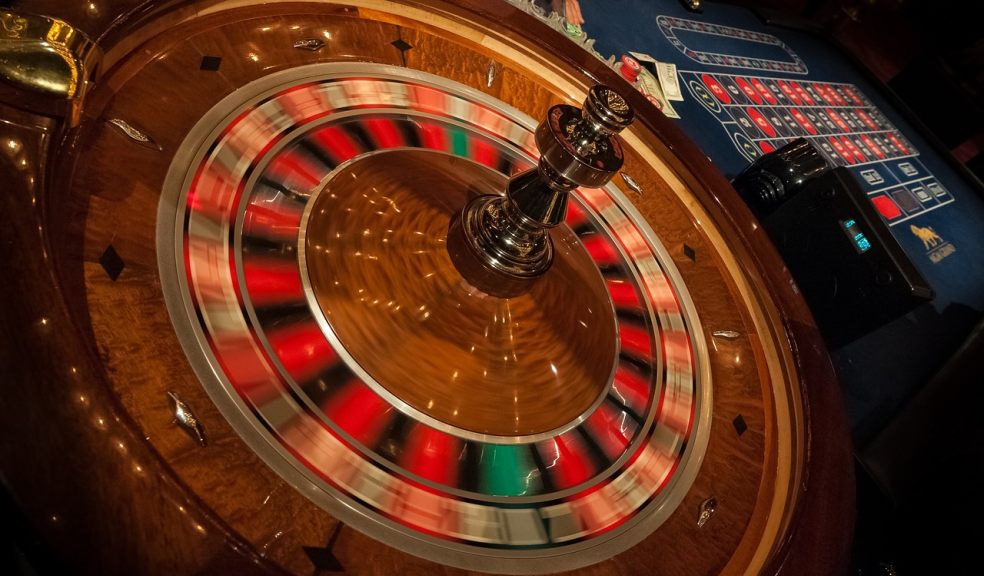
From land-based to digital – how the Roulette wheel has stood the test of time
The Roulette wheel is an iconic staple in casinos, both online and land-based. With a rich history to uncover, this article explores the Roulette wheel's journey from its primitive form to modern-day digital games, such as live Roulette Virgin Bet games, for example. Join us as we delve into the technological advancements that have shaped the development of the popular game of chance.
Origins of the Roulette wheel
The origins of Roulette date back to 18th century France. The word "Roulette" means "little wheel" in French, and despite gameplay resembling the game of chance dating back to ancient Greek and Roman times, it’s widely believed that the game was invented by Blaise Pascal, a French mathematician and physicist, in 1655.
Pascal set out to create a perpetual motion machine, but instead developed a wheel that was adapted into a gambling device by combining elements of existing popular games at the time.
In the early versions of the game, the wheel featured both a single zero and a double zero pocket, a design that remains in what’s known as the American version of the game today. European Roulette, which emerged later, features only the single zero pocket.
The Roulette wheel in casinos
Roulette gained popularity in the mid-19th century, becoming a staple in European casinos. The game spread quickly across the continent, with the Monte Carlo Casino in Monaco becoming the epicentre of European Roulette. The single-zero wheel, popularised by French brothers François and Louis Blanc, became the standard in most European casinos.
When Roulette crossed the Atlantic to the United States, the double-zero version of the wheel became more favourable. This version of the game became known as American Roulette and was featured in the first casinos in New Orleans, and later in Las Vegas.
Technological advancements
The 20th century brought significant technological advancements to many casino games – particularly Roulette. The introduction of precision manufacturing techniques ensured that Roulette wheels were perfectly balanced. This period also saw the development of electronic betting terminals, allowing players to place bets without the need for a croupier. This innovation sped up the game and made it more accessible.
Online Roulette
The most significant evolution of Roulette in recent years has been its transition to online platforms. The rise of the internet in the late 1990s and early 2000s gave birth to online casinos, enabling many casino games to become available anywhere there’s internet access.
In the 2010s, live dealer games started to make their mark, with live Roulette gaining popularity alongside the digital variations of the game.
With professionally trained dealers hosting the game and spinning a real-life Roulette wheel in real-time, streamed directly from a specialist studio to your device, it’s no wonder Roulette remains one of the most popular games of chance of all time.
The future of Roulette
As technology continues to advance, it’s clear the Roulette wheel will continue to stand the test of time. Some gaming developers are already incorporating virtual reality (VR) and augmented reality (AR) into their games, meaning the future of Roulette remains promising.













